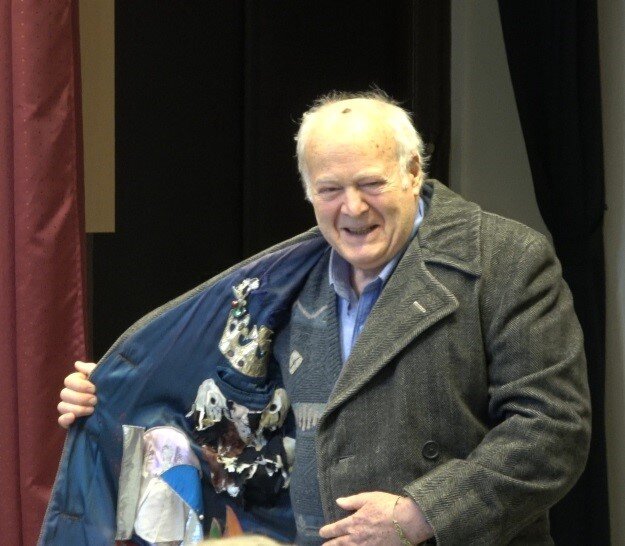
If you regularly listen to this podcast, the chances are you listen because you want to be a better teacher. But what is the best way to become a better teacher? Is it attending training? Is it being observed by your boss? Is it watching your peers teach? In a special end of year double length episode, Professor Thomas Guskey, author of Evaluating Professional Development talks to us about the best way to help teachers learn and the evidence for workshops, peer observations and what the best teachers do that the rest of us don’t.
I speak with Anne Carmichael, Trinity Diploma in TESOL course director and moderator about what it was like to experience the changes from grammar-translation to audio-lingualism to communicative language teaching. Anne tells us about learning from grammar-translation coursebooks, teaching in a language lab and some of the surprising advantages of grammar-translation and the audio-lingual approach.
Coursebook writer and teacher trainer Ceri Jones talks to us about mediation. How can teachers mediate their coursebook content to make it more meaningful for students? Why are students now expected to be able to mediate between languages? And how can we help learners to mediate texts?
We speak with friends and experts about teacher training and what needs to change. Our guests are David Nunan, Kathleen Bailey, Thomas Guskey, Steve Walsh, Mark Hancock, Marek Kiczkowiak, and Chris Rolland.
Jane Willis joins us to discuss the drawbacks of PPP and the benefits and challenges of using task cycles for language lessons.
Students need to speak to learn a language and the more students talk, the more they learn. Not according to Professor Stephen Krashen. For 40 years he has championed the concept that what students should be doing in class is reading (and listening), not speaking. In this episode, Stephen tells Ross some of the arguments against forcing students to speak, something which might not just be inefficient, but in some cases counterproductive.
My friend Niamh Ryan, joins me to talk about evaluating teacher training. How can you tell if your training is making a difference?
In this episode, I had the privilege of speaking with Professor Lesley Painter Farrell about how we can help students retain more language lessons for the long haul. During the podcast, Lesley outlines the difference between short-term learning and long-term memory. We discuss evidence-based techniques teachers can implement to optimize retention. Lesley also shares some simple but effective techniques such as recycling content across lessons, building in reflection time, avoiding cognitive overload, and using retrieval practices. Listen now to uncover how we can help our students remember more.









